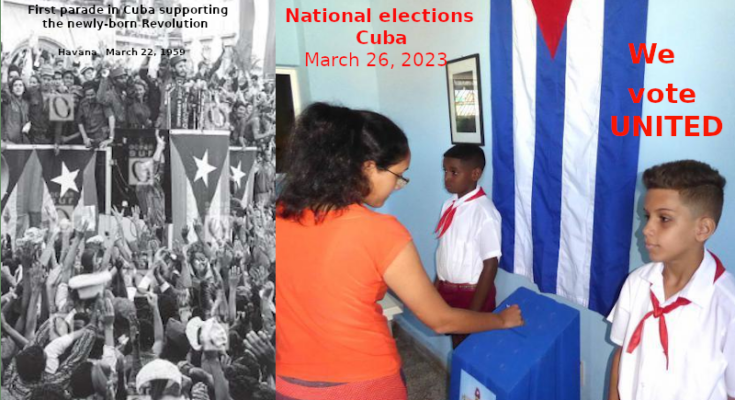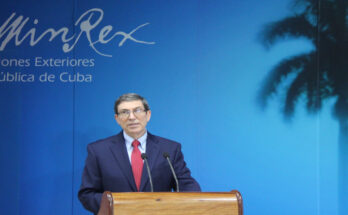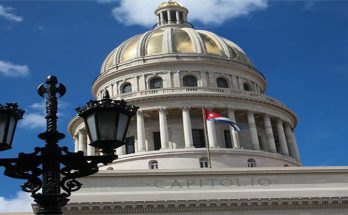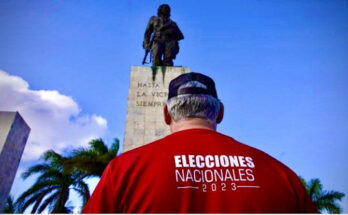As electors in Cuba are about to exercise their right to vote this March 26 in National Elections, we remember and pay a well-deserved tribute to the first parade in support of the laws of the nascent Cuban Revolution on its 64th anniversary.
During the long and complex process, the Cuban people have had the chance to express their support for their revolutionary government due to the social conquests and progress experience by every inhabitant of this Caribbean island.
Now are coming the National elections to vote for the deputies who will make up the Cuban Parliament. This another moment the people have to express their support to the Cuban Revolution and the Electoral Law.
At the beginning of 1959, the process led by Fidel Castro took the indispensable measures for the political sovereignty, democracy and social justice of the project that triumphed on January 1st of that year.
According to official sources, among the first provisions was the dissolution of the Congress of the Republic and its powers were transferred to the Council of Ministers.
The Law of Provincial and Municipal Governments was also modified, the bases for the reorganization of the armed forces were established and the repressive bodies of the Fulgencio Batista dictatorship (1952-1959) disappeared.
On February 7, the highest leadership of the country proclaimed the Fundamental Law of the Republic, which maintained the basic postulates of the 1940 Constitution and incorporated modifications in tune with the new historical conditions.
Likewise, the Ministry for the Recovery of Embezzled Assets and the National Institute of Savings and Housing were created, as well as a law that reduced housing rents to the population by up to 50 percent was approved.
In this context, on March 22, 1959, the first parade and rally of the people in support of the laws of the young process took place.
Hundreds of thousands of Havana residents filled the esplanade in front of the Presidential Palace (today the Museum of the Revolution) to listen to Fidel Castro.
That day, the leader of the Revolution affirmed that leading the country was a difficult task, since it was a ‘true Revolution’, ‘a root cure’ to the old ills, and ‘a surgical operation in which it is necessary to cut for the healthy’.
Fidel Castro insisted on the need to eliminate racial discrimination in society, denounced the campaigns against the transformations in the island and advocated the unity of the nation in the face of the international oligarchy and the internal enemies of the Revolution.




